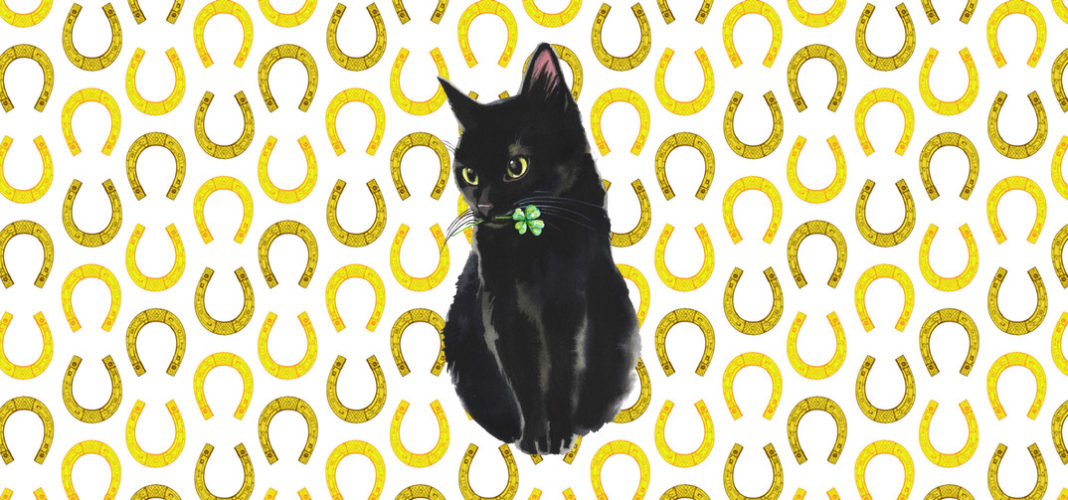Why do some people seem to have all the luck? Psychologist Richard Wiseman has been researching this question for most of his career and uncovered some surprising results.
By interviewing over 400 self-described lucky and unlucky people, Wiseman’s research indicates that luck isn’t “just luck”; it’s a mindset. Lucky people encounter and capitalize on chance opportunities, whereas unlucky people do not. Here’s why:
Unlucky people miss chance opportunities because they are too focused on looking for something else. They go to parties intent on finding their perfect partner and so miss opportunities to make good friends. They look through newspapers determined to find certain types of job advertisements and as a result miss other types of jobs. Lucky people are more relaxed and open and therefore see what is there rather than just what they are looking for.
Wiseman thinks of luck as a skill that can be cultivated, not something you either have or you don’t. He describes three basic principles to generate good fortune:
1. Turn off auto-pilot
Unlucky people tend to be creatures of routine. They tend to take the same route to and from work and talk to the same types of people at parties. In contrast, many lucky people try to introduce variety into their lives.
2. Follow your intuition
Unlucky people often fail to follow their gut when making a choice, whereas lucky people tend to respect hunches. Lucky people are interested in how they both think and feel about various options rather than simply looking at the obvious.
3. Be realistically optimistic
Lucky people tend to see the positive side of their ill fortune. They imagine how things could have been worse. In one interview, a lucky volunteer arrived with his leg in a plaster cast and described how he had fallen down a flight of stairs. Wiseman asked him whether he still felt lucky, and he cheerfully explained that he felt luckier than before. As he pointed out, he could have broken his neck.
Wiseman created a “luck school” to test his hypothesis. He asked a group of lucky and unlucky volunteers to perform exercises designed to help them act and think like a lucky person: capitalize on chance opportunities, follow intuition, have positive expectations and be more resilient.
The results were dramatic: 80 percent of people were now happier, more satisfied with their lives, and, perhaps most important of all, luckier. While lucky people became luckier, the unlucky had become lucky. Take Carolyn, whom I introduced at the start of this article. After graduating from “luck school,” she has passed her driving test after three years of trying, was no longer accident-prone, and became more confident.
As the Irish proverb goes:
Luck is believing you are lucky.
I wish you all the best,
Dr. Samantha Boardman






